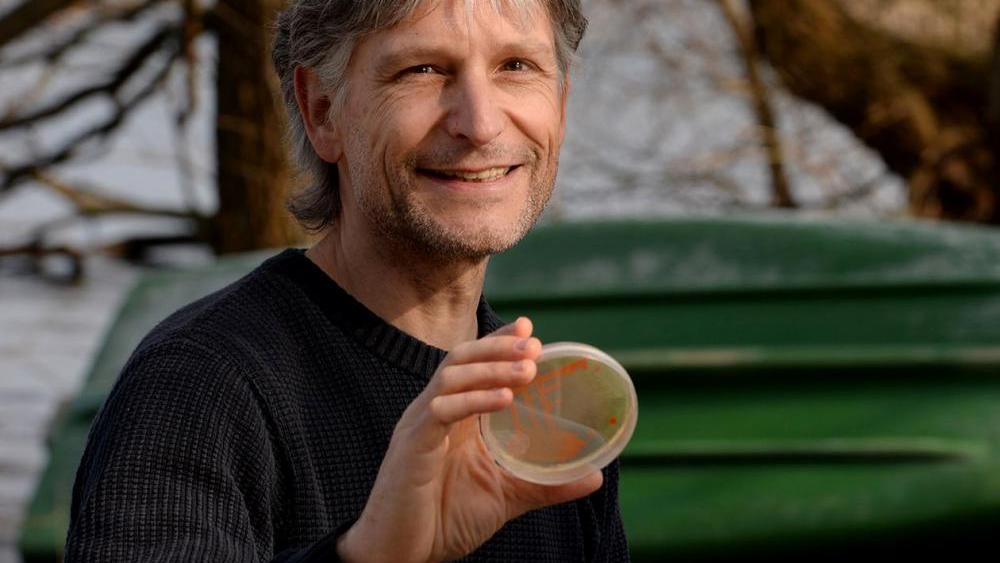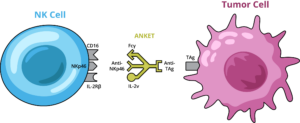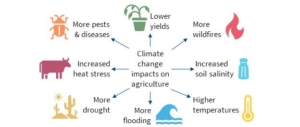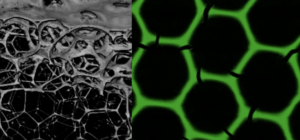
Bacterial-fungal consortium denitrifies wastewater by 100%
A German-Chinese reasearch consortium has identified a highly active denitrifying microbial consortium that denitrifies wastewater by almost 100%.
Researchers from China and Germany have developed a new biotechnological approach to clean up waste water from anorganic nitrite and nitrate more effecitvely by combining fungi and bacteria. The natural fungus-bacteria consortium metabolises nitrate and nitrite particularly efficiently and consistently into gaseous nitrogen. This could be crucial for the further development of biotechnological approaches in water treatment and provides further evidence of the important role of fungi in aquatic ecosystems.
In marine co-culture the researchers removed nitrate almost completely while the denitrification efficiency reached 44%. High-throughput sequencing was used to identify the bacterial and fungal taxa involved in this process. A subsequent network analysis showed which of the present species interact positively with each other and are therefore particularly suitable to be used in combination.
We succeeded in identifying denitrifying bacterial-fungal groups that have the potential to remove nitrate more effectively. This is an important step in putting together microbial consortia for optimal water treatment, explained IGB researcher Professor Hans-Peter Grossart, co-author of the study. Since the search for suitable microbial communities of bacteria and fungi is still a very young field of research, so far, there are no practical applications. However, the authors are certain that microbial consortia will significantly shape biotechnology in wastewater treatment in the future.


 Innate Pharma SA
Innate Pharma SA
